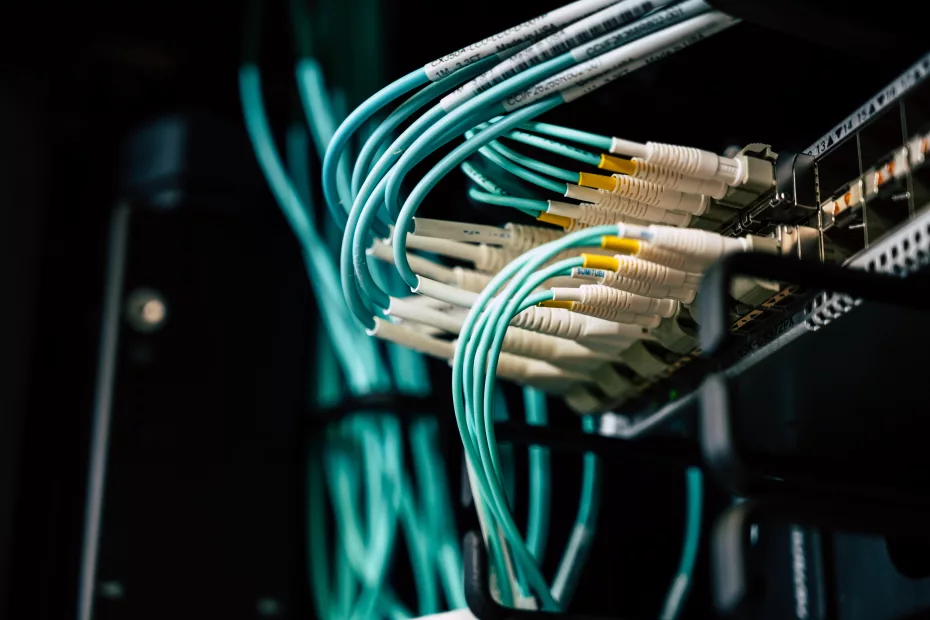Gamers will often discuss MBPS to define their home gaming set-up and how well they can play online. If you want to set up your gaming station, these terms may need to be clarified, especially when all you want to know is how fast an internet connection is required to avoid lagging. This is especially true for games that have high-resolution images, live gameplay, chats and more. On top of that, most forget to account for daily internet and bandwidth requirements. So let’s look at all these terms and answer the question: How many MBPS will you need for gaming?
What is MBPS
● Broadband and MBPS
Most requirements for games don’t even mention MBPS speed; instead, they talk about having a broadband connection. So, what is broadband, and why is MBPS important? Let’s take a look. Broadband is basically high-speed internet. It’s always on and does not need to be connected to a phone line like dial-up internet, meaning there are no interruptions.
MBPS, on the other hand, is the metric by which the bandwidth or the capacity of that broadband is measured. Every online task takes up a certain amount of this bandwidth, calculated in Megabits. MBPS is Mega Bits Per Second and essentially lets you know which tier of broadband service you need.

Source: Unsplash
Most broadband services are fast enough for everyday tasks. Most broadbands can quickly manage tasks like writing e-mails or scrolling on Facebook. When we get into the world of streaming, heavy games, long video conferences and more than an average broadband connection, stop being useful.
This is because these “heavy” tasks require a lot of bandwidth or space for working without significant lag. This is one of the reasons why certain apps or programs start working well suddenly when everything else is shut down.
● MBPS vs Mb/s
There is a common misconception that Mb/s is the same as MBPS because they are often written the same way. MBPS is mega Bits per second, the metric for how much data can travel through the broadband. Mb/s, on the other hand, is the amount of data an internet connection allows you to download in a second.
The difference is that MBPS is about more than just downloads. It speeds up downloads, of course, and the entirety of information exchange through your broadband connection. This is important because live RPG or action games not only download data but also upload data while you are playing. In that case, having a data service that is great for downloading movies is simply not going to cut it.
● Latency
Another thing to keep in mind while looking at broadband speeds is latency. One of the reasons games lag despite being high-speed is because the delay between the action in the game and its display on your screen is off. This is called latency, or “ping” in gaming terms.
You usually require lower latency because you want your actions to be registered as they happen instead of reading another player’s movements first. Multiplayer games like Mortal combat often suffer latency issues if the broadband isn’t suitable for your gaming habits.
MBPS Usage for Daily Tasks vs Gaming
Most daily online tasks don’t require a high MBPS rate. Even games like candy crush or simple mobile games don’t require a fast connection. If you are into playing games like Fortnite, league of legends, or counter-strike, you will need a higher MBPS. One computer or smartphone being used on the connection only used for daily tasks can cruise easily on a 20MBPS connection. It can even handle some light gaming and maybe one or two more people using it to watch youtube or scroll through social media.
Now if you start playing heavy games on this setup, you will immediately notice lag. This is because the more exchange of data, the slower the game. 50MBPS is great for large families and groups and helps with high-quality video calls and 4k movie downloads. 50 MBPS is great if one or two households using the same setup are heavy gamers and a few more are using the connection for daily tasks.
If you are in a house where everyone games or has high internet usage requirements, it’s best to go up to 100MBPS. Most people don’t need a 200MBPS connection unless they are professionals, though it is available.
A 100MBPS connection is excellent for most families, even families of 5 or more members who constantly use the internet. A 50MBPS would also work, just as long as everyone isn’t a heavy user.
How Many MBPS do I Need for Gaming?
In short, the answer truly is that it depends. It depends on the kinds of games you play, the number of people using your internet connection, and what kind of other daily tasks you use the internet for.
Generally, for big families or groups with an internet connection, 50MBPS is a great place to start. If you notice lag, check the ping, aka your connection’s latency. Upgrade to better speed if that is a problem.
Another thing to keep in mind is the specs of the device you are using. There is a massive difference between using a desktop and playing on your phone. A 100MBPS might be a good idea for households with multiple people and devices and heavy internet use.
Phones overall send and receive much lighter data packets than desktops or laptops. This is because even compressed, heavier games on a desktop require bandwidth to be somewhat visible.
Before buying an Internet connection for your gaming setup, look up the MBPS, the latency, your household’s daily activities, and your family.
